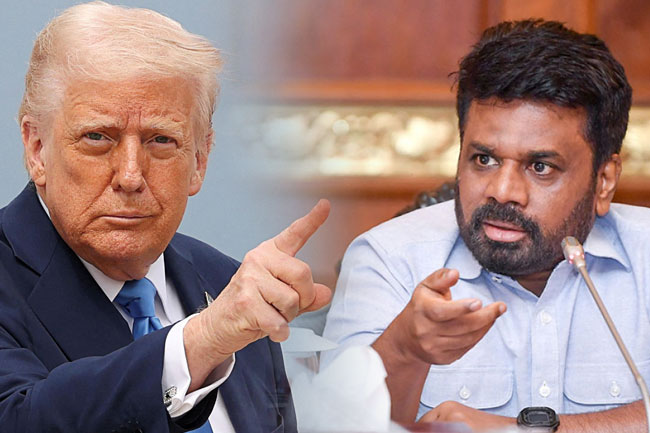In a recent report, the UN’s trade and development body, Unctad, urged US President Donald Trump to exempt 28 of the world’s poorest nations from hefty import tariffs. These countries, including Laos, Mauritius, and Myanmar, were singled out by the Trump administration for “reciprocal” tariffs despite their minimal contribution to the US trade deficit.
Unctad warns that these tariffs could cause “serious economic harm” to these vulnerable economies, which are unlikely to pose any threat to the US economy due to their small size and export volumes.
Noticeably absent from the list of 28 nations is Sri Lanka, which is currently grappling with a severe economic crisis. Experts suggest that this exclusion could be attributed to the Sri Lankan government’s failure to respond appropriately to the US trade policies and its lack of proactive engagement with international trade organizations.
Critics are pointing fingers at the current administration, particularly President Anura Kumara Dissanayake, for its perceived mishandling of the situation. They argue that the government’s inward-looking policies and its inability to foster strong trade relations with the US and other major economies have isolated Sri Lanka on the global stage.
The exclusion from the tariff exemption list could further exacerbate Sri Lanka’s economic woes. The potential impact of US tariffs on Sri Lankan exports could further strain the economy and lead to job losses.
Economists and opposition leaders are calling for urgent action from the government to address the situation. They are urging the government to engage in constructive dialogue with the US and other key trading partners to explore potential avenues for tariff relief and to take steps to improve the country’s overall trade competitiveness.




